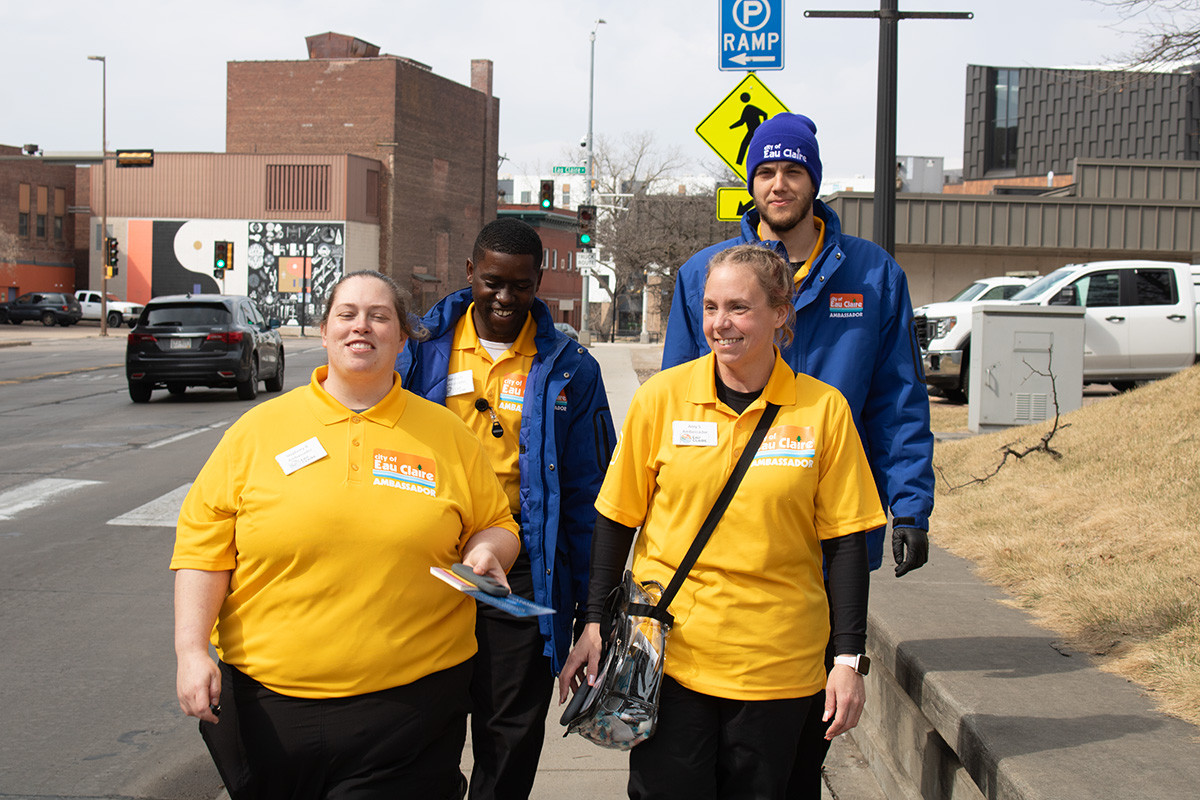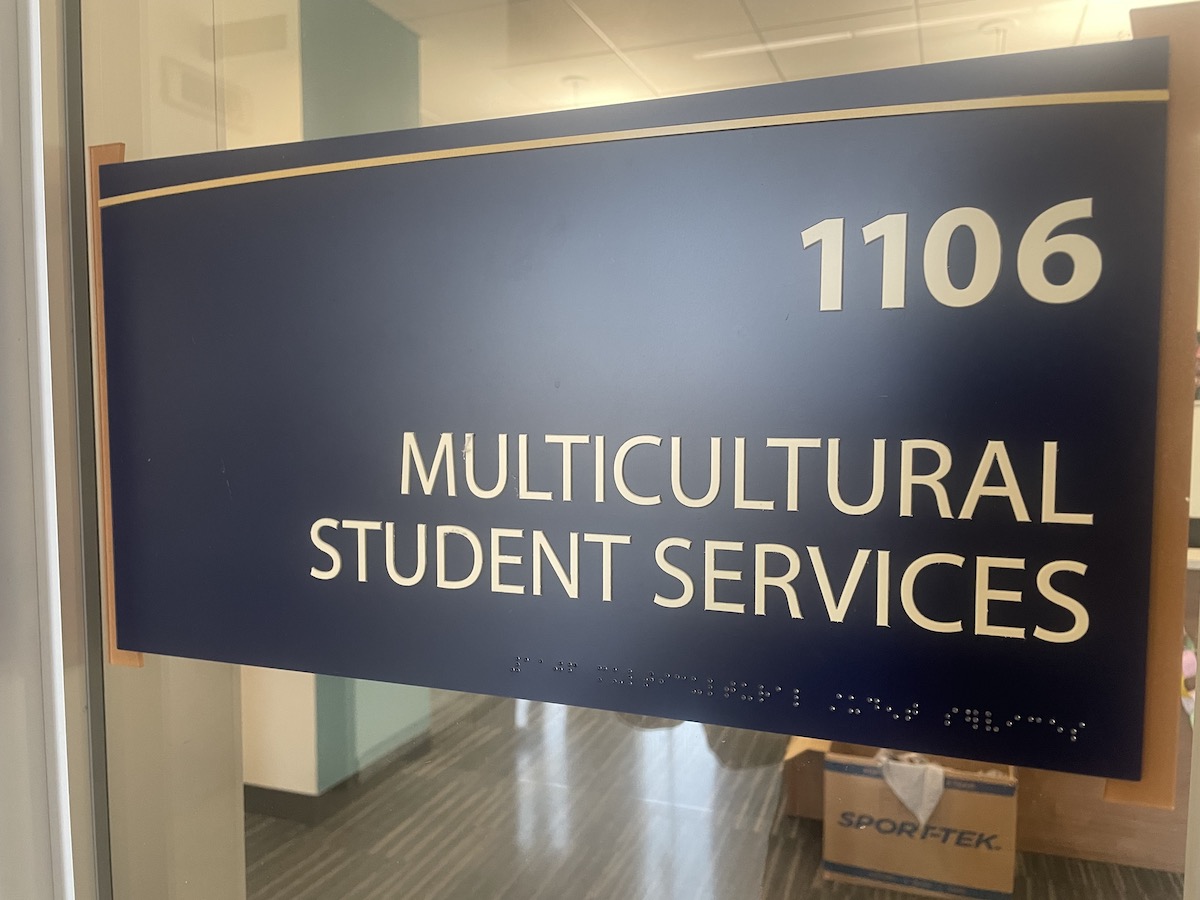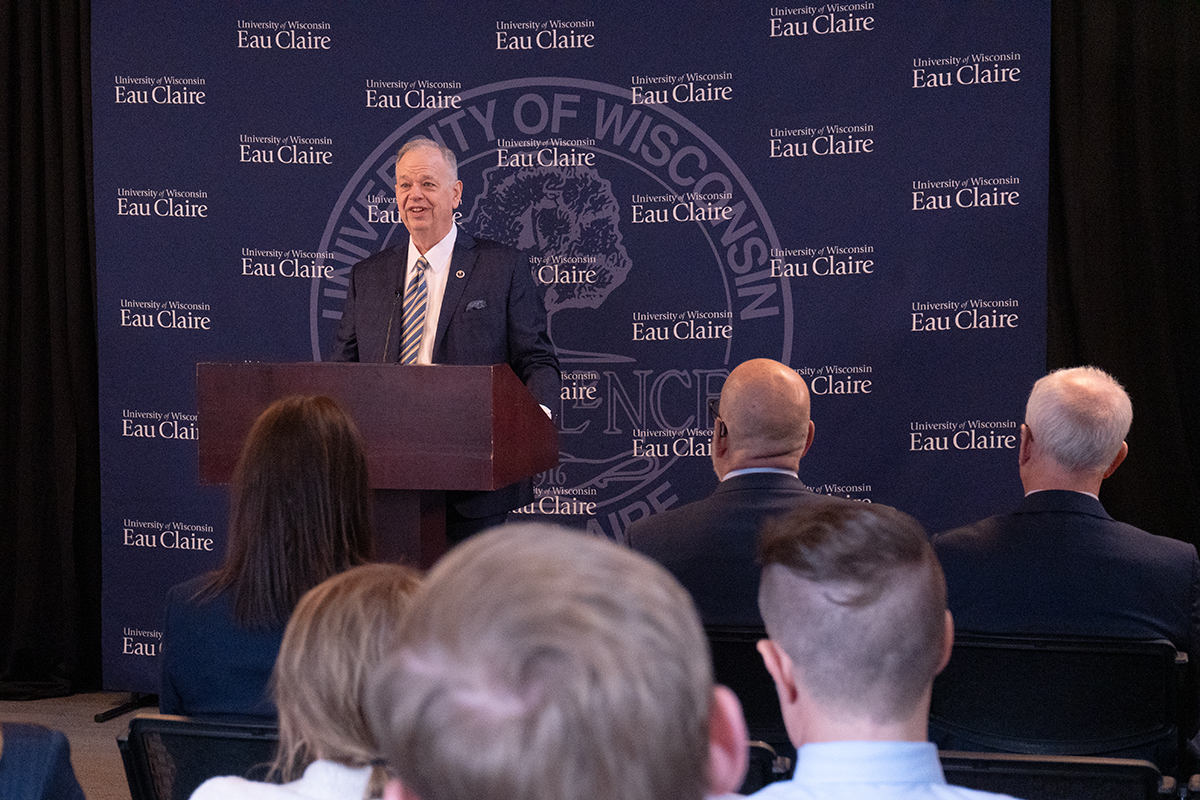The Service Learning Ad-Hoc Committee Friday approved its recommendation to University Senate, completing a proposal that includes a new mission statement, a chart of goals and objectives and a list of specific guidelines for service-learning projects.
After more than two months of deliberation, the committee came to what member Tom Hilton said is a compromise that “reflects the spirit of a university or academic community such as our own.”
Additions proposed by the committee include the prohibition of partisan political activity, similar to the ban on religious proselytization, as well as a statement on non-discrimination.
Committee member and former Student Senate President Chad Wade said the approval of the recommendation by University Senate would not necessarily mean dramatic change to the Service Learning Program.
“I don’t know that there are a lot of changes in the way that Service Learning (would be) implemented,” Wade said. “It (would be) providing much more structure to the director when he is making decisions.”
The proposal does not prohibit all activities related to politics or religion – it defines in greater detail what sort of activities are and are not acceptable.
According to guidelines suggested to University Senate by the committee, political activity that consists of “partisan advocacy, member recruitment, lobbying, or electioneering,” would not be accepted for service-learning projects.
The stipulations are similar to those concerning religious activities. Any activity that involves “promoting religious doctrine, proselyting, or worship,” cannot be counted for service-learning hours, according to the proposed guidelines.
The committee’s approach serves two basic purposes of Service Learning – assuring that students are learning while also promoting the common good, said Donald Mowry, committee chair and director of Service Learning.
“What do you learn if you’re out there, and you’re already convinced that you are right?” Mowry asked.
In addition, Mowry said, one person’s common good may be different from that of another. Under that logic, promoting a certain political or religious viewpoint is not necessarily in the common good of society as a whole, he said.
Mowry listed projects focusing on poverty or environmental issues as two examples of undisputable positive contributions to society.
Kent Syverson, professor of geology, said the committee introduced restrictions on political activities to justify the original restrictions on religious activities, which he has disputed.
“(The committee) had to do that because the purpose of this all along has been to prohibit religious activity,” he said.
Syverson, a University Senate member, said he opposes restricting both religious and political activities, because doing so limits the flow of ideas.
“I think this represents a timid intellectual response to different ideas in the university,” he said.
Another major addition the committee has introduced is a statement protecting students, mentors and recipients from discrimination.
The statement, Mowry said, is based on “accepted affirmative action” policies.
UW-Eau Claire will not allow community partners (the people or organizations collaborating with students on projects) to discriminate against students, mentors, or recipients based on characteristics protected under affirmative action, according to the guidelines.
“If they choose to discriminate … we’ll have to negotiate,” Mowry said, explaining that cooperation may be halted if an agreement cannot be reached.
Mowry said he hopes to distribute a guidebook to community partners, outlining university policies on various aspects of service-learning projects. He also intends to publish “frequently asked questions” for students to refer to while considering potential projects.
University Senate will first review the proposal at its April 12 meeting, which begins at 3 p.m. in the Tamarack Room, Davies Center.






